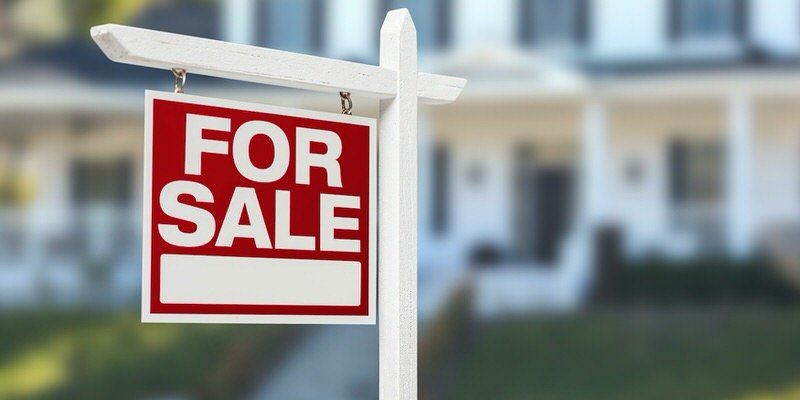New Paragraph
Thinking of Selling? Call Me First!
If you’ve been thinking about selling your existing property, for whatever reason, it would be in your best interest to give me a call before you list for sale.
Here are a few scenarios that explain why…
Buying a New Property!
You have to live somewhere! If you plan on buying a new home using the equity from the sale of your existing home, you will most likely require a new mortgage. And just because you have qualified for a mortgage in the past doesn’t guarantee you will qualify for a mortgage in the future. Making sure that your financing is in place before you go and list your house will make sure that you don’t end up homeless!
This advice is good regardless if you are looking to purchase a home of lesser, the same, or greater value. We can also look at the options your existing mortgage has, you might actually be able to port your existing mortgage. Mortgage qualification is a tricky thing, it’s best if you make your plans with an independent mortgage professional like me!
Not Buying a New Property.
Even if you aren’t buying a new property, and you want to sell your existing property, it’s still a good idea to contact me first as we can look at the cost of breaking your mortgage together. Unless you have an open mortgage, or a line of credit, there will be a penalty to break your mortgage. I can work with you on a plan to minimize your penalty, sometimes it’s just a matter of waiting a few months. But you will never know unless you ask!
Marital Breakdown
Marriages break down, it’s not ideal, but it happens. Oftentimes people who are going through a marital breakdown just want closure, and make decisions without really thinking them through. Instead of simply selling the family home, there are special programs that allow the home to be purchased by one of the parties involved as long as a legal separation agreement is in place.
So although you may think that the most logical person to call first when you’re thinking of selling your home might be your Real Estate Agent, it’s actually best if you have a financial plan already in place by the time you give them a call.
So if you’re thinking of selling, please contact me anytime , I’d love to walk you through your options!
Share
RECENT POSTS


STAY INFORMED
Subscribe to my newsletter




